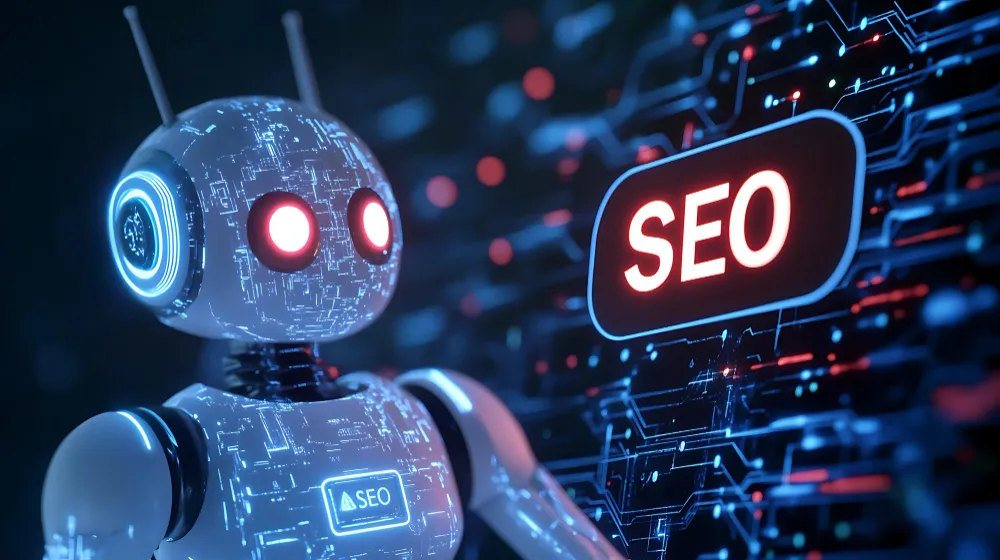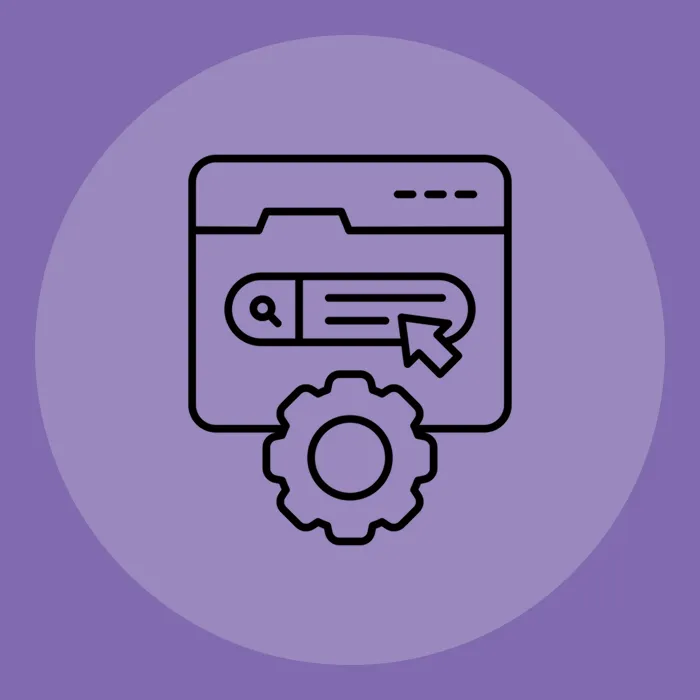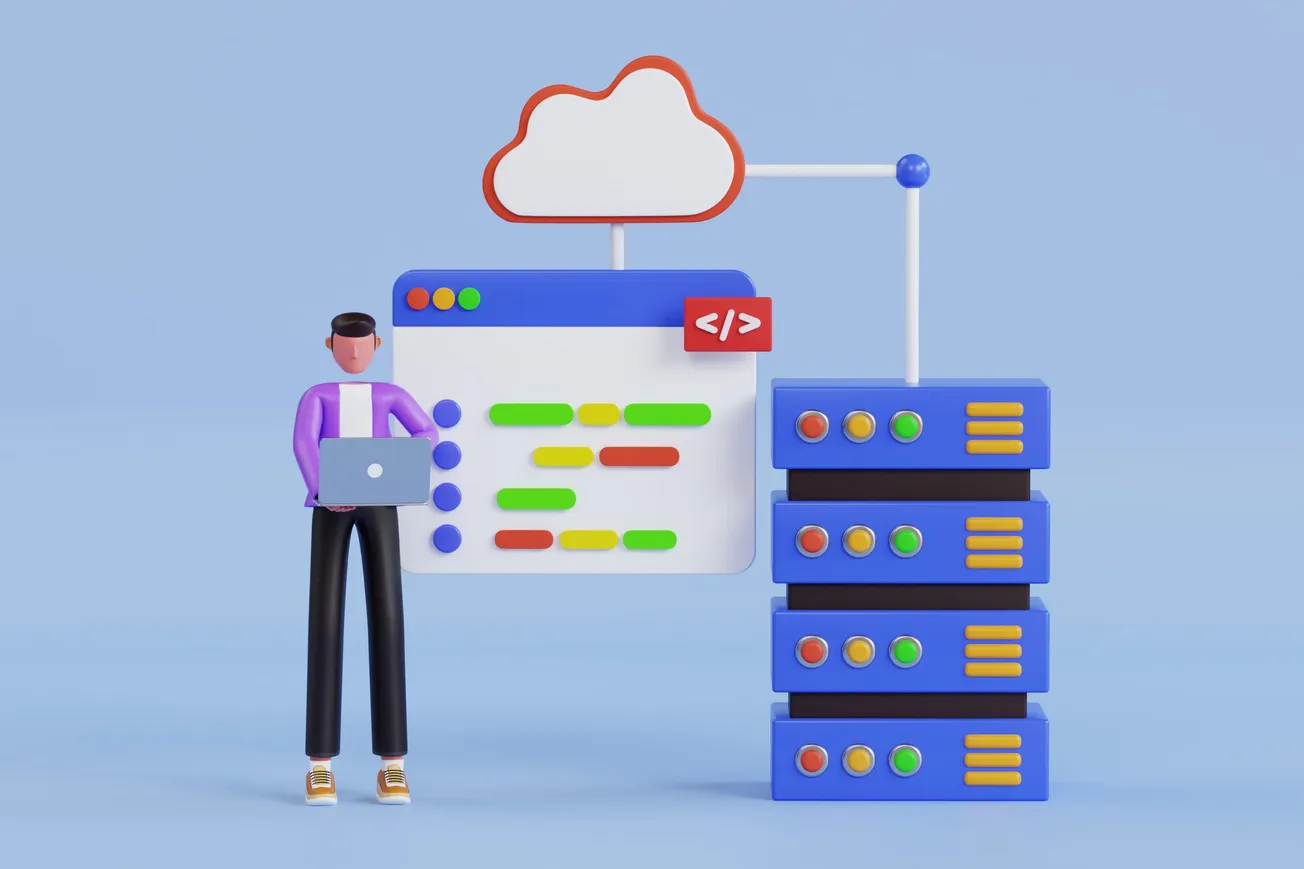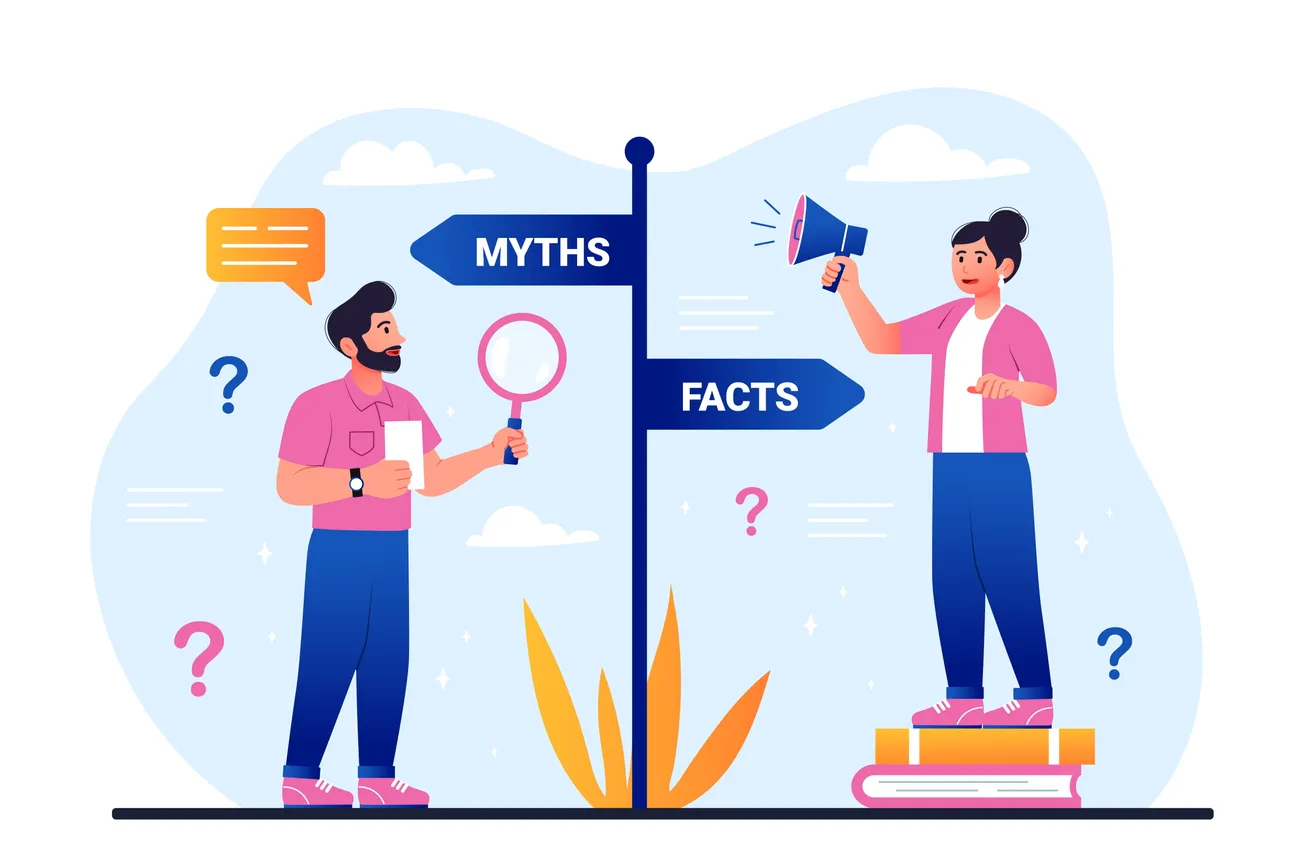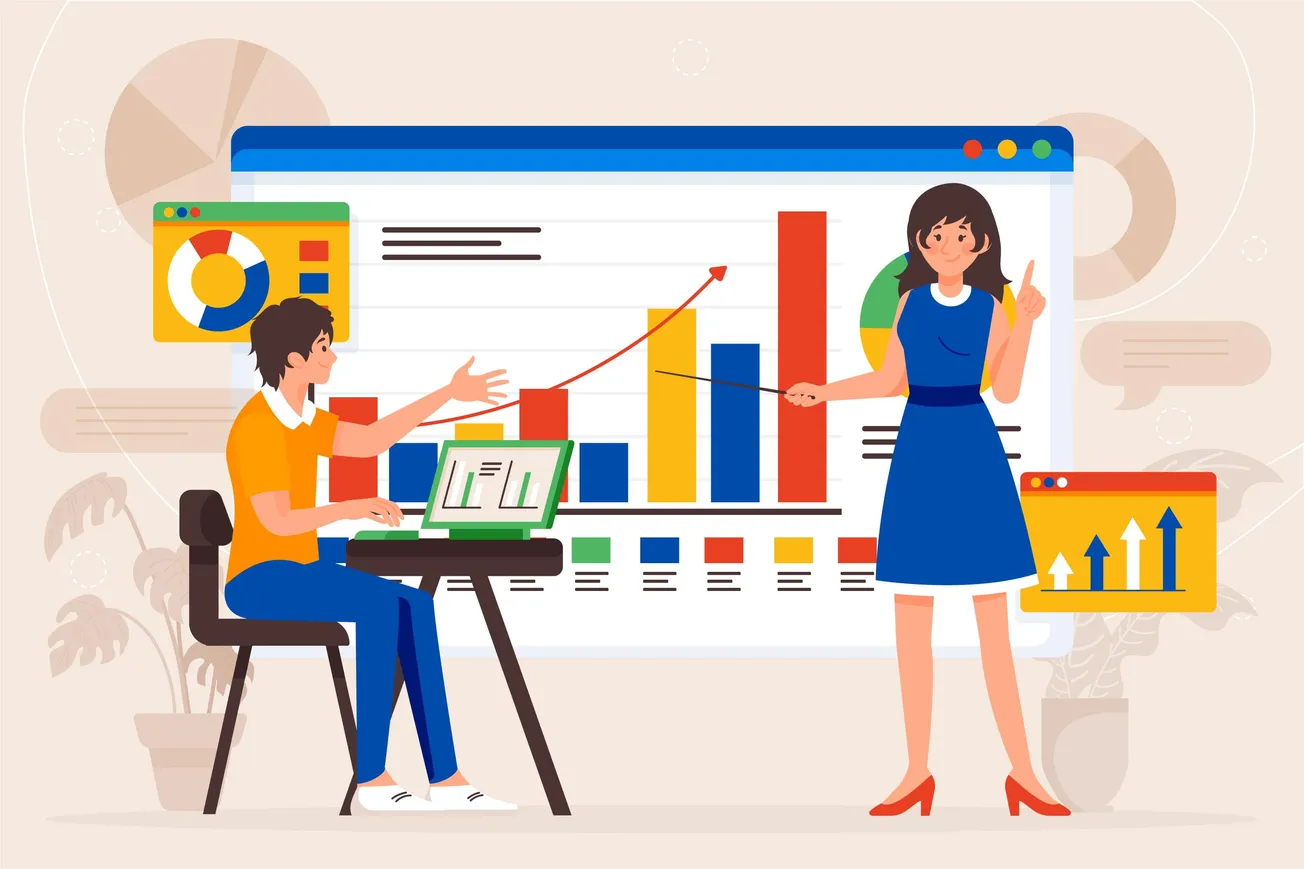Procurement, once perceived as a back-office function, has transformed into a pivotal driver of business value. In today’s fast-evolving digital landscape, procurement has become more complex, requiring organizations to manage a growing network of suppliers, mitigate risks, and stay competitive. Traditionally, these processes were time-consuming, relying on manual intervention and legacy systems lacking agility. However, the integration of Artificial Intelligence is bridging the gap between the routine operational demands of procurement and the need for strategic foresight.
1. AI's Crucial Role in Automating Routine Procurement Tasks
AI’s most immediate impact on procurement is its ability to relieve procurement teams from the burden of automating repetitive tasks that would otherwise consume valuable time and resources. Supplier management, for instance, involves continuous monitoring, contract renewals, and performance assessments. AI can automate these processes, enabling procurement teams to focus on high-value activities. AI tools can quickly assess supplier compliance, flag potential issues, and even suggest alternative vendors based on performance data.
Automation also extends to the creation and approval of purchase orders (POs), which are often bottlenecked by human delays. AI-driven systems streamline the entire workflow by automatically generating POs based on predefined rules, cross-referencing supplier data, and ensuring that approvals are processed efficiently. This seamless flow reduces procurement cycle times and minimizes errors caused by manual entry, empowering teams to handle a higher volume of transactions with ease.
2. Elevating Procurement Strategy through AI Insights
Beyond automation, AI plays a critical role in transforming procurement into a strategic function. Through AI-powered analytics, procurement teams gain access to real-time data and actionable insights that inform key decisions. Strategic sourcing, for example, benefits from AI’s ability to analyze vast amounts of data, uncovering hidden patterns and trends. This helps procurement leaders identify the best suppliers, optimize pricing, and reduce risks associated with volatile markets.
Predictive analytics, a specialized application of AI, goes a step further by forecasting demand fluctuations and helping organizations prepare for future supply chain disruptions. Whether it’s anticipating raw material shortages or predicting shifts in customer demand, AI provides the foresight needed to make strategic procurement decisions that align with business goals. By leveraging these insights, procurement can move from a cost-focused function to a value-creating one, aligning closely with overall corporate strategy.
3. AI as a Catalyst for Collaboration in Procurement
Collaboration is critical in procurement, both within and with external partners. AI enhances this collaboration by breaking down silos and enabling cross-functional teams to work seamlessly. With AI-powered procurement platforms, teams can collaborate in real-time with finance, operations, and legal departments, ensuring alignment across the entire procurement process. This not only accelerates decision-making but also improves transparency and accountability across departments.
Vendor relationships also stand to gain from AI. AI tools can evaluate supplier performance continuously, providing insights into key metrics such as delivery times, quality control, and pricing trends. These insights allow procurement teams to foster stronger, more strategic partnerships with vendors. Rather than simply managing supplier relationships, AI enables a proactive approach to building long-term partnerships that drive mutual value.
4. Future of AI in Procurement: An Integrated Approach
The future of procurement is set to be defined by AI-powered platforms that integrate all facets of the procurement lifecycle—from sourcing to supplier relationship management and spend analytics. These platforms will enable organizations to operate more efficiently while making smarter, data-driven decisions. AI-powered procurement solutions, such as Tonkean’s Enterprise AI Copilot, are already leading the way by automating routine tasks and providing deep insights that inform strategic decision-making.
As AI becomes more sophisticated, its role in procurement will continue to expand, creating new opportunities for businesses to build a competitive edge. Organizations that embrace AI early will not only benefit from cost savings and efficiency gains but will also be well-positioned to lead their industries with innovative procurement strategies. By integrating AI holistically into procurement, businesses can ensure they remain agile, resilient, and ready to face the challenges of tomorrow’s supply chains.
AI is poised to reshape the procurement landscape, blurring the lines between operational efficiency and strategic foresight. By leveraging AI, organizations can strike a balance between automation and strategy, transforming procurement into a competitive advantage in today’s dynamic business environment.





